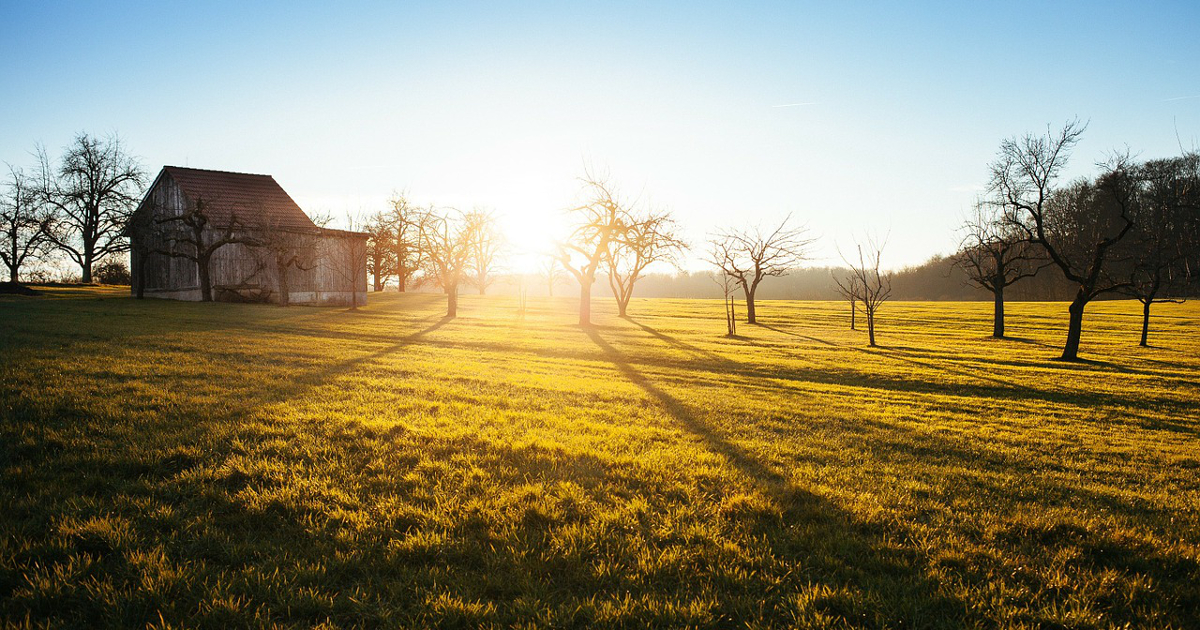At Philo Ridge, a Couple Invests in Vermont’s Farming Future
On a mid-August morning at Philo Ridge Farm in Charlotte, sheep were grazing the paddock near the one-acre market garden as a straggler from the cow herd moved out to fresh pasture across Mount Philo Road. A group of 15 visitors sampled farm-grown zucchini sticks and mint leaves offered by tour guides who led them past rows of leafy greens shrouded under white fabric to protect them from pests.
Among the vegetables, perennials such as elderberries, highbush cranberries and hazelbert trees (a hazelnut and filbert cross) had been planted to attract pollinators and other beneficial wildlife, as well as to provide a windbreak for the ridgetop garden, detailed Francine Stephens, Philo Ridge’s food and farm director.
All the farm’s animals, including laying chickens and meat birds, she said, are moved regularly through the fields. This method, called intensive rotational grazing, is optimal for livestock, soil health and overall ecosystem resilience.
Philo Ridge’s approach falls under the category of “regenerative agriculture,” Stephens said, offering what she called a “super-simplistic” definition: “We’re trying really hard to put more nutrients into the soil than we’re taking out.”

